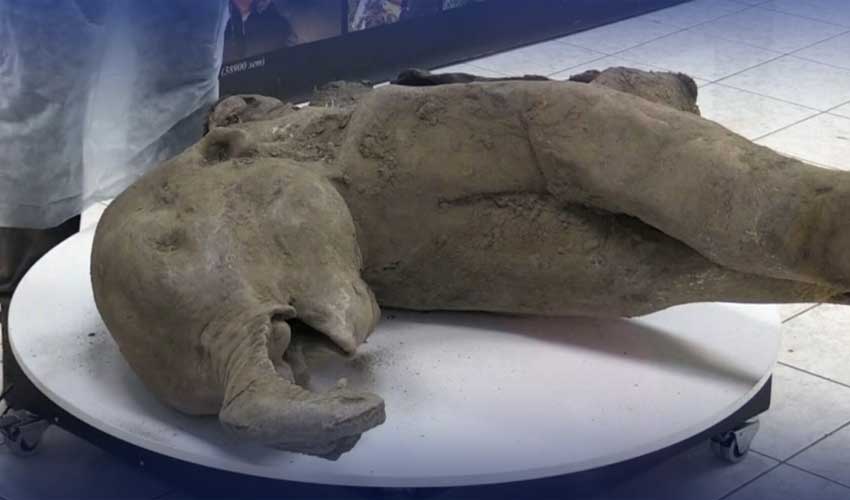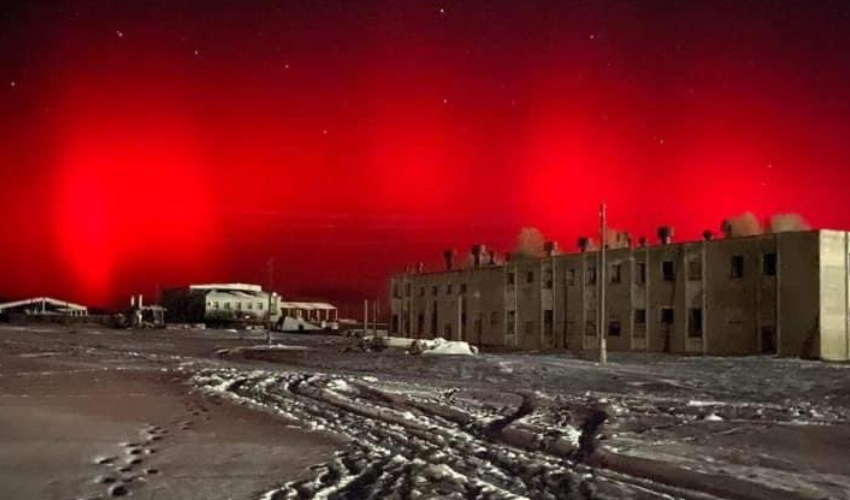Scientists have discovered carbon dioxide on one of the moons of Jupiter called Europa which has raised the hopes of life.
Europa is one of the moons of Jupiter. It is the smallest of the four Galilean moons, but it is also one of the most interesting.
Recently, scientists used the James Webb Space Telescope to find carbon dioxide on the icy surface of Europa.
Scientists believe that there is a vast ocean of liquid water beneath Europa's icy crust.
This is the first time this element has been found on Europa, and it is a big discovery.
This makes Europa one of the few places in our solar system that could potentially support life as we know it.
Carbon dioxide is essential for life on Earth, and its presence on Europa suggests that the moon's ocean may also contain other essential chemicals for life.
The discovery of carbon dioxide on Europa is a major step forward in our understanding of this mysterious moon.
It also boosts the possibility that Europa could be habitable. However, it is important to note that the presence of carbon dioxide does not guarantee that life exists on Europa.
More research is needed to determine if the moon's ocean contains all the ingredients necessary for life.
NASA is planning to launch a spacecraft called Clipper to Europa in 2024. Clipper will make close flybys of the moon and collect data on its ocean, atmosphere, and surface composition.
This data will help scientists to better understand whether Europa is habitable and whether life could potentially exist there.



























